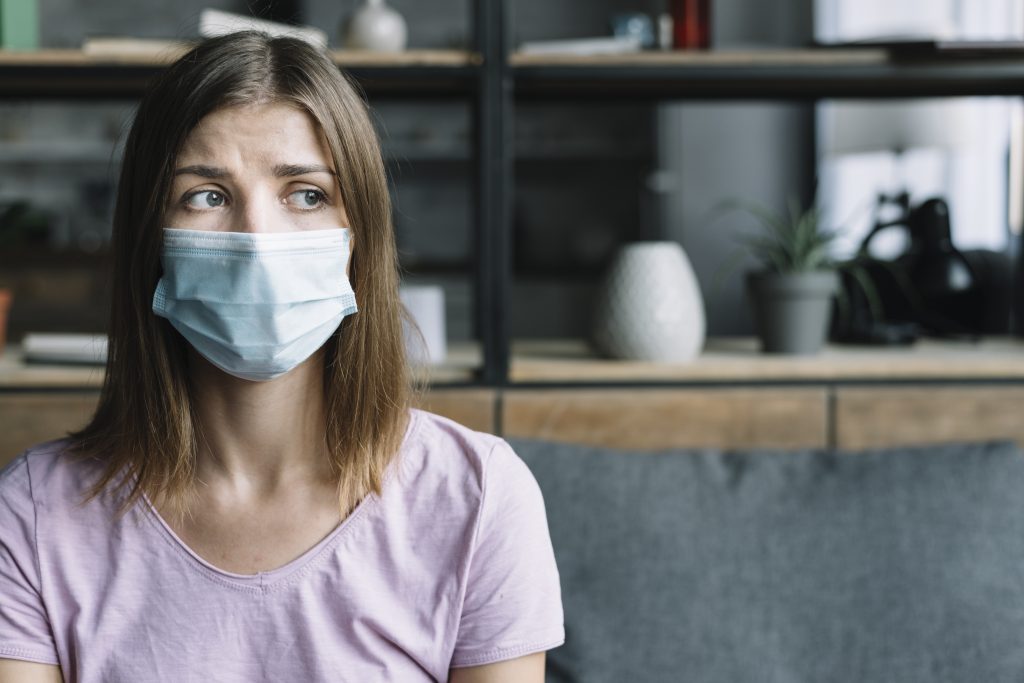
by Don Laird, contributing writer
As human beings, we do not do very well with the unknown. Uncertainty and an undetermined future can create a level of constant worry that is often disproportionate and, at times, unmanageable. Anxiety manifests around that which we cannot control. What compounds this feeling is a sense that what is out of control should not be. When things feel uncertain, we don’t feel safe. However, it is okay to feel stressed or anxious, particularly when there is conflicting information around us.
Currently, most of us are worried about the Coronavirus (COVID-19). We may experience feelings ranging from helplessness to fear about what will happen in the days and weeks ahead. Again, it’s okay to feel this way. It may not feel good but trying to push it away or act as if it doesn’t exist is the unhealthiest thing you can do.
In short, your mental health will suffer an impact over the next month or two. You might feel on edge, nervous, angry, frustrated, helpless or sad. You might want to completely avoid any reminders of what is happening. Daily activities may suffer and for those who already struggle with depression or anxiety the next few months will be quite challenging.
Remind yourself that you are in control to how you respond to any event. Remember, anxiety thrives when you feel as though you have no choice. Yet, you are stronger than you may believe. Below are three basic things that can help with your mental hygiene.
- You are not alone in this pandemic. Control what you can. Wash your hands. Remind others to do the same. Continue to exercise. Limit your exposure to the news. It’s healthy to update yourself once or twice a day, but overconsumption will have a negative effect. Checking your news feed every few minutes or every hour is not helping you stay informed, but it is helping you develop an unhealthy fixation. Also, limiting screen time is good practice regardless of the reason or situation.
- Social isolating does not mean hiding under a rock. Avoid crowds but get outside. Exercise helps with both physical and mental health. Being in the sun and fresh air helps restore emotional balance and gives a boost to natural vitamin D levels. Stay grounded by being mindful to the world around you. Do this by noticing what your senses are telling you through sight, sound, taste, and touch. This will help you stay present and avoid projecting into an uncertain future. Remember, choice and change only occurs in the here-and-now.
- If you are feeling overwhelmed or need support, please talk to those you trust most. It’s okay to feel afraid or angry – it’s what you do with those feelings that matters. Finally, it’s okay to reach out for extra support or help. You don’t have to be alone, professional help is always available with a therapist or counselor.
Be safe, be healthy, be well,
Don
***
 Don Laird, NCC, LPC, DCC, is a Licensed Professional Counselor with more than 16 years of experience providing psychotherapy and counseling to adults, teens and couples who are struggling with a wide range of mental health and life issues. Don is a writer and adjunct professor who teaches graduate and undergraduate courses in professional counseling and psychology at Carlow University. Additionally, he facilitates workshops and classes in dreams, creativity, self growth, and stress reduction.
Don Laird, NCC, LPC, DCC, is a Licensed Professional Counselor with more than 16 years of experience providing psychotherapy and counseling to adults, teens and couples who are struggling with a wide range of mental health and life issues. Don is a writer and adjunct professor who teaches graduate and undergraduate courses in professional counseling and psychology at Carlow University. Additionally, he facilitates workshops and classes in dreams, creativity, self growth, and stress reduction.

